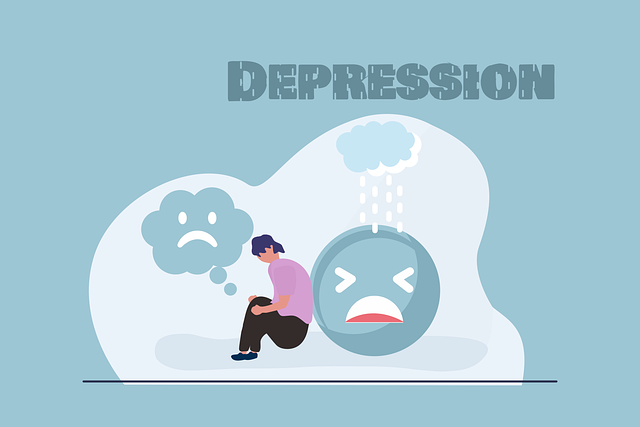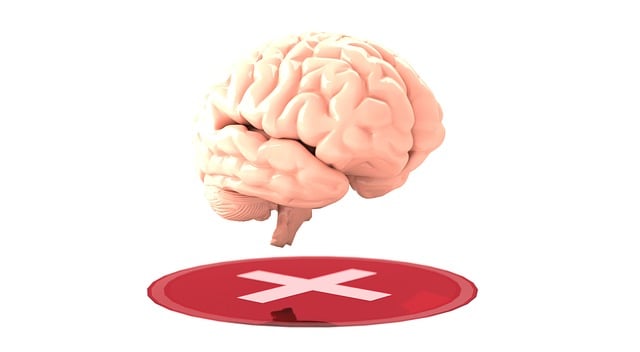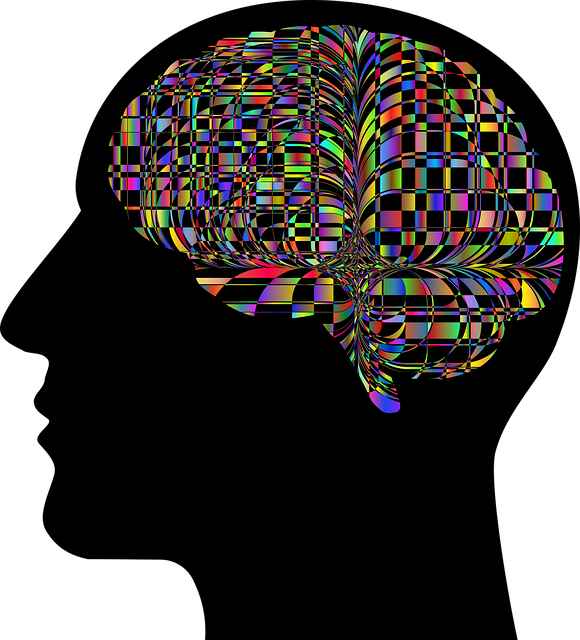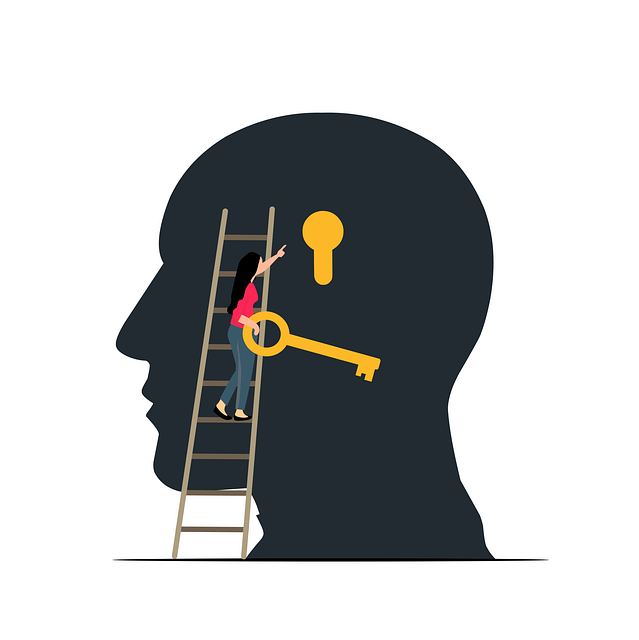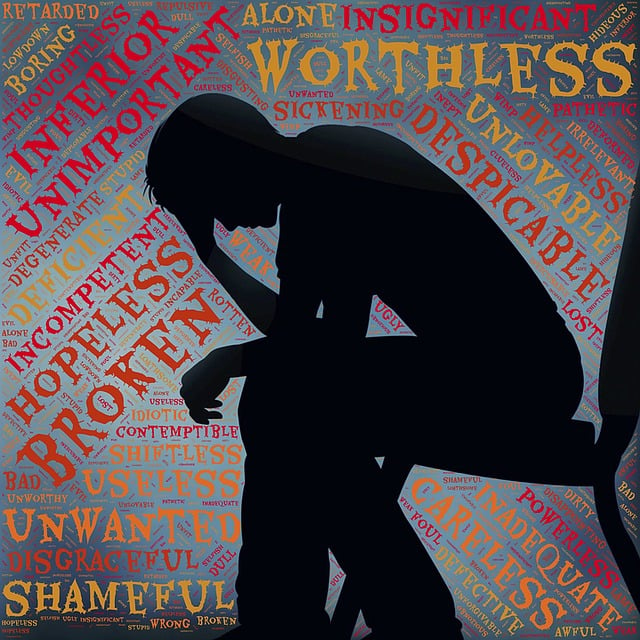Cultural sensitivity is essential in modern mental healthcare, particularly for complex conditions like Broomfield Dissociative Disorder Therapy (BDDT). Therapists must respect and understand each patient's unique cultural background to provide effective care. By fostering open communication, integrating culturally adapted self-care routines, and educating communities through outreach programs, therapists create inclusive environments that enhance trust and therapeutic outcomes. BDDT offers a culturally responsive approach, recognizing diverse clients' identities and beliefs to bridge gaps and empower holistic mental wellness. Effective treatment involves navigating cultural contexts, active listening, and incorporating culturally sensitive practices to build resilience and improve healthcare equity.
In the diverse landscape of mental healthcare, cultural sensitivity is paramount. Understanding how cultural backgrounds shape mental health experiences is crucial for effective treatment. This article explores key aspects, including the impact of culture on mental well-being and best practices like Broomfield Dissociative Disorder Therapy, a culturally responsive approach. We delve into building trust with diverse clients and ethical considerations, emphasizing the importance of inclusive care to enhance therapeutic outcomes.
- Understanding Cultural Sensitivity in Mental Healthcare
- The Impact of Cultural Background on Mental Health Experiences
- Broomfield Dissociative Disorder Therapy: A Culturally Responsive Approach
- Building Trust and Rapport with Diverse Clients
- Ethical Considerations and Best Practices for Culturally Sensitive Care
Understanding Cultural Sensitivity in Mental Healthcare

Cultural sensitivity is a cornerstone in modern mental healthcare practice, recognizing that every individual enters therapy with a unique cultural lens shaped by their background, experiences, and beliefs. This understanding is crucial when addressing complex conditions like Broomfield Dissociative Disorder Therapy, where cultural context plays a significant role in symptoms presentation and treatment effectiveness. Mental health professionals must embrace the diversity of their clientele and tailor their approach to create a safe, inclusive environment that fosters trust.
By implementing empathy-building strategies, therapists can bridge the gap between patient and practitioner, fostering open communication. Encouraging patients to share cultural practices and beliefs contributes to a holistic understanding of their mental health journey. Moreover, integrating self-care routine development for better mental health and positive thinking techniques into therapy sessions can be culturally adapted to resonate with diverse populations. These approaches ensure that care is not only effective but also respectful of the patient’s identity, ultimately enhancing therapeutic outcomes.
The Impact of Cultural Background on Mental Health Experiences

People from diverse cultural backgrounds experience mental health challenges uniquely, shaped by their ethnic identities and societal influences. What may be considered a trigger or symptom in one culture might be interpreted differently in another. For instance, symptoms of Broomfield Dissociative Disorder Therapy may manifest and be understood through a lens of traditional healing practices rather than pathologized as mental illness.
Understanding these cultural nuances is crucial for effective treatment. A Community Outreach Program Implementation focused on mental health can foster open dialogue, educate communities about their rights and resources, and promote positive thinking around mental well-being. Effective communication strategies that respect and incorporate a patient’s cultural context facilitate trust and collaboration in the therapeutic process, ensuring culturally sensitive care that respects individual experiences and beliefs.
Broomfield Dissociative Disorder Therapy: A Culturally Responsive Approach

Broomfield Dissociative Disorder Therapy offers a culturally responsive approach to mental healthcare, recognizing that every individual brings their unique cultural background and experiences into therapy. This method is designed to bridge the gap between diverse clients and mental health professionals, fostering an environment where all patients can feel seen, heard, and understood. By incorporating culturally sensitive practices, therapists can adapt their techniques to align with a client’s specific needs and beliefs, enhancing the effectiveness of treatment.
One key aspect of this therapy is its emphasis on inner strength development and mental wellness journaling exercises as tools for self-reflection and healing. This approach encourages clients to explore and process traumatic experiences while promoting depression prevention strategies that are tailored to their individual cultural contexts. The Broomfield method respects the complexity of human identities and strives to create a safe space where individuals can navigate their emotional challenges with guidance, ultimately empowering them on their journey towards holistic mental wellness.
Building Trust and Rapport with Diverse Clients

Building trust and rapport with diverse clients is a cornerstone of effective mental healthcare practice, especially when addressing conditions like Broomfield Dissociative Disorder Therapy. In a multicultural society, therapists must be adept at navigating different cultural contexts to create a safe and supportive environment for all clients. This involves actively listening to patients’ unique experiences, understanding their cultural beliefs and values, and demonstrating genuine respect and empathy.
A strong therapeutic alliance can significantly enhance the success of treatment plans. Therapists can foster this by incorporating culturally sensitive approaches tailored to individual needs. Engaging in Community Outreach Program Implementation and designing Mental Health Education Programs can further bridge gaps and build resilience among underserved populations. By embracing these strategies, mental health professionals not only improve outcomes but also contribute to a more inclusive and equitable healthcare system.
Ethical Considerations and Best Practices for Culturally Sensitive Care

In the realm of mental healthcare, providing culturally sensitive care is not merely a best practice; it’s an ethical imperative. This involves recognizing and respecting the diverse cultural beliefs, values, and practices of every patient, especially those with conditions like Broomfield Dissociative Disorder Therapy. Healthcare providers must navigate the intricate web of cultural differences to ensure effective treatment. This includes avoiding assumptions based on stereotypes and embracing a nuanced understanding of each individual’s unique background.
One key aspect is offering tailored interventions that integrate cultural elements into therapeutic processes. For instance, incorporating traditional healing practices or community support systems recognized by the patient can significantly enhance emotional healing processes. Additionally, organizations like Stress Management Workshops and Healthcare Provider Cultural Competency Training play pivotal roles in equipping professionals with the skills to deliver culturally sensitive care. By fostering a competent and compassionate workforce, these initiatives contribute to better patient outcomes and create an inclusive environment where everyone feels valued and heard.
Incorporating cultural sensitivity into mental healthcare is no longer a consideration but an imperative. As we’ve explored through understanding the impact of cultural background on mental health experiences, adopting approaches like Broomfield Dissociative Disorder Therapy, and building strong therapeutic alliances with diverse clients, it’s clear that culturally responsive care enhances outcomes. By prioritizing ethical considerations and implementing best practices, mental healthcare professionals can ensure they provide respectful, effective services to all individuals, fostering a more inclusive and healing environment.

